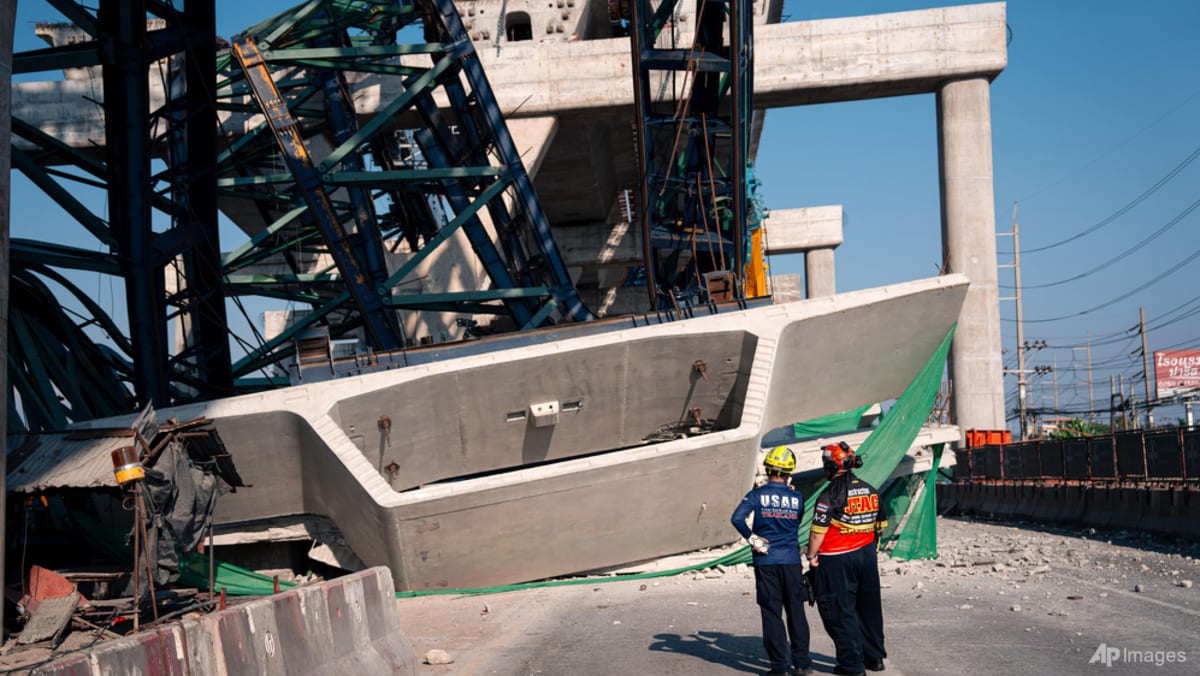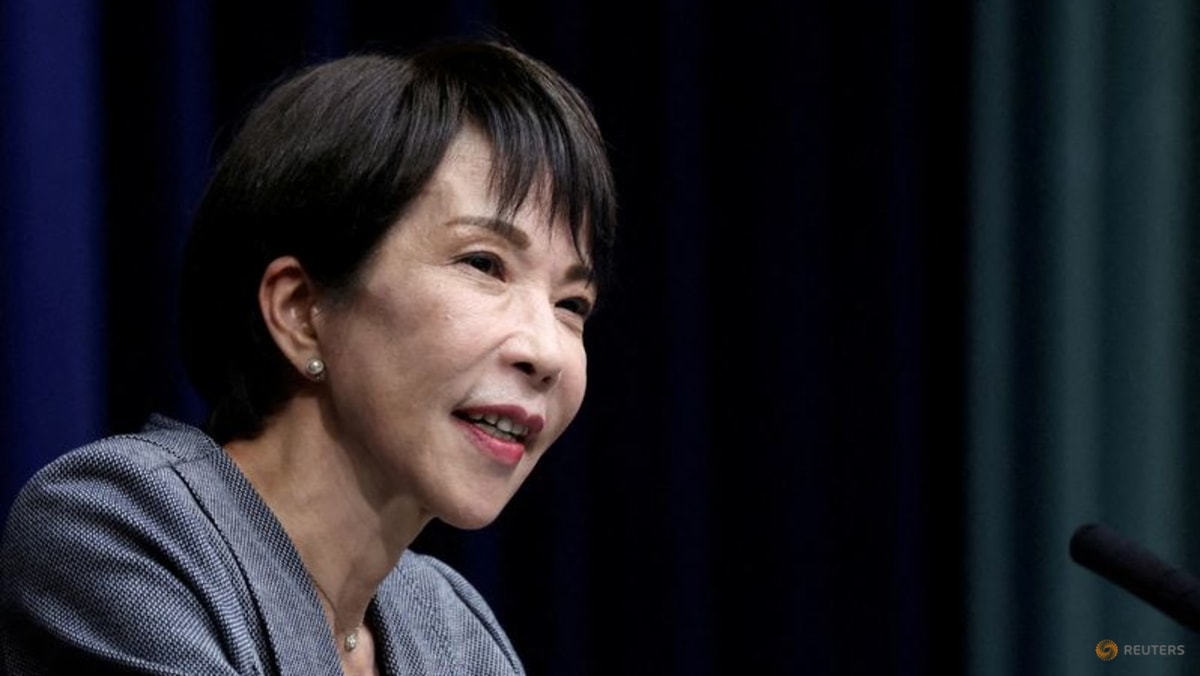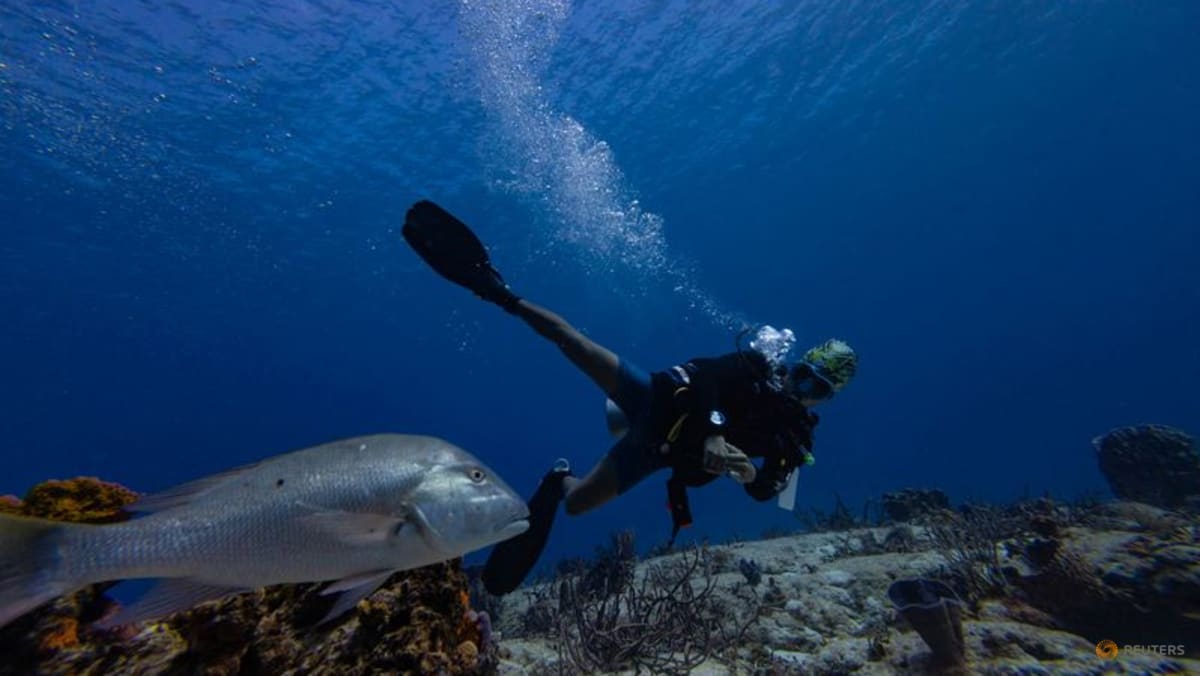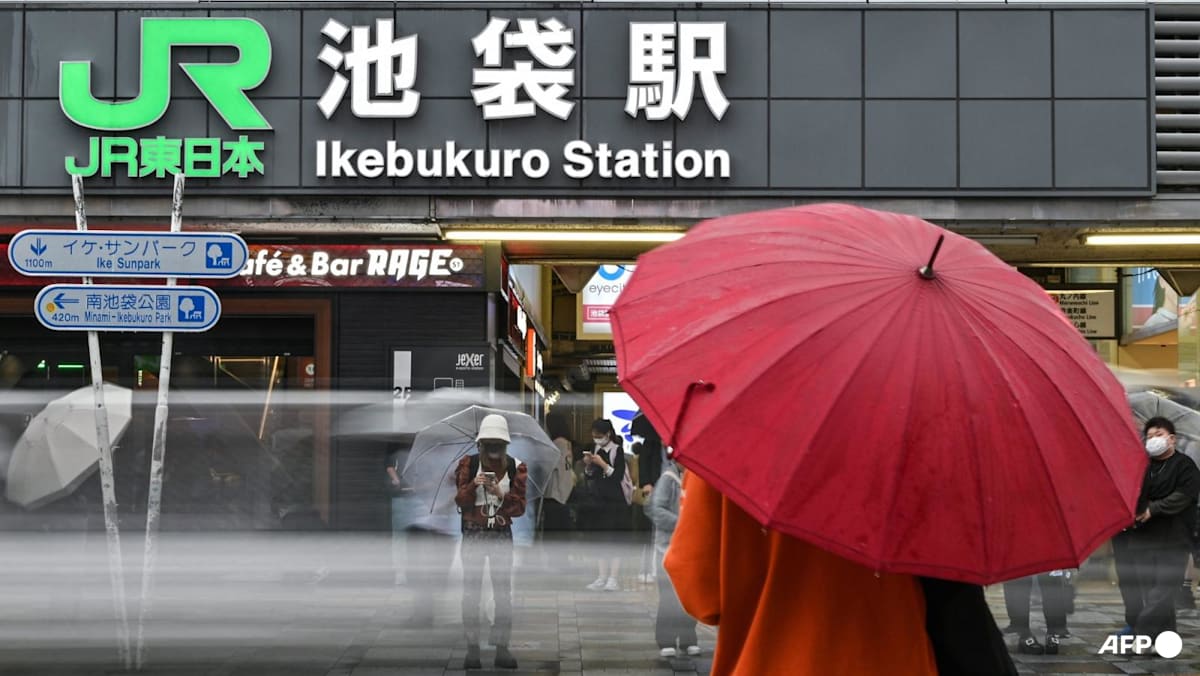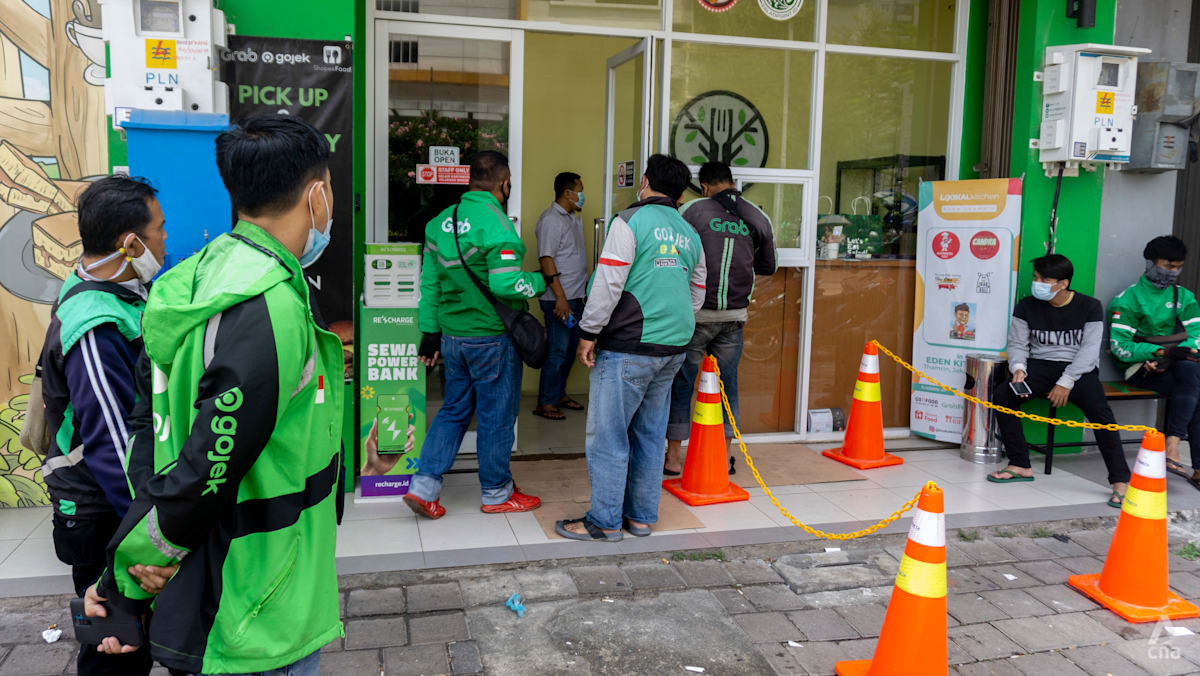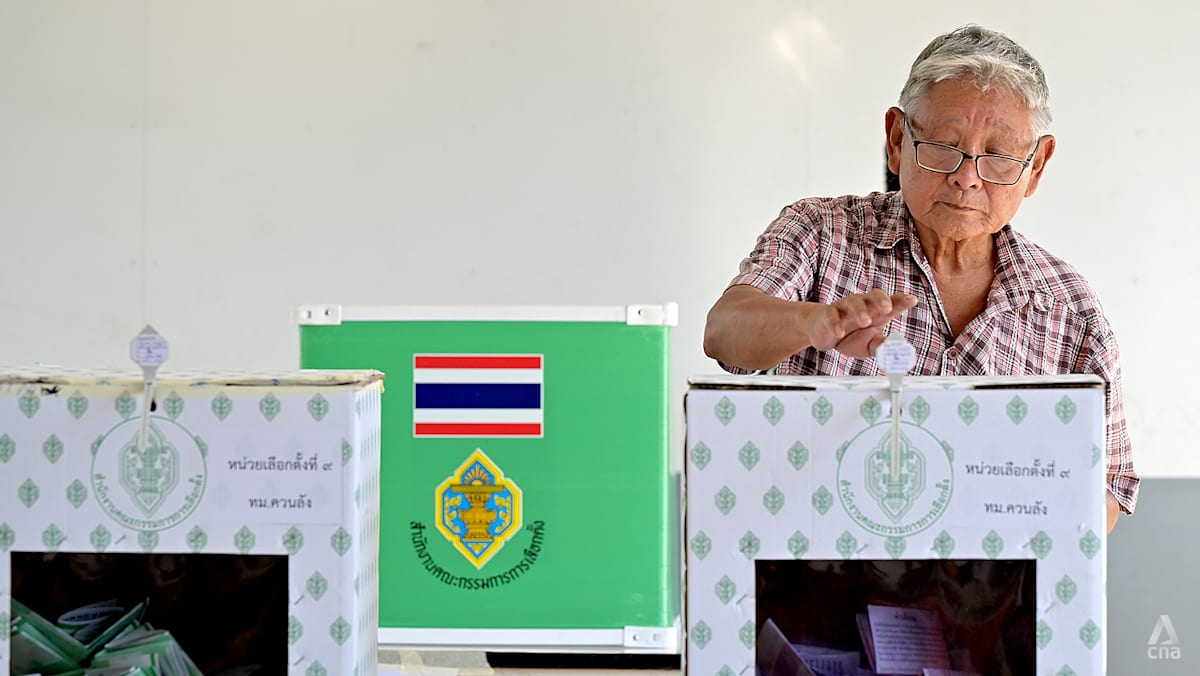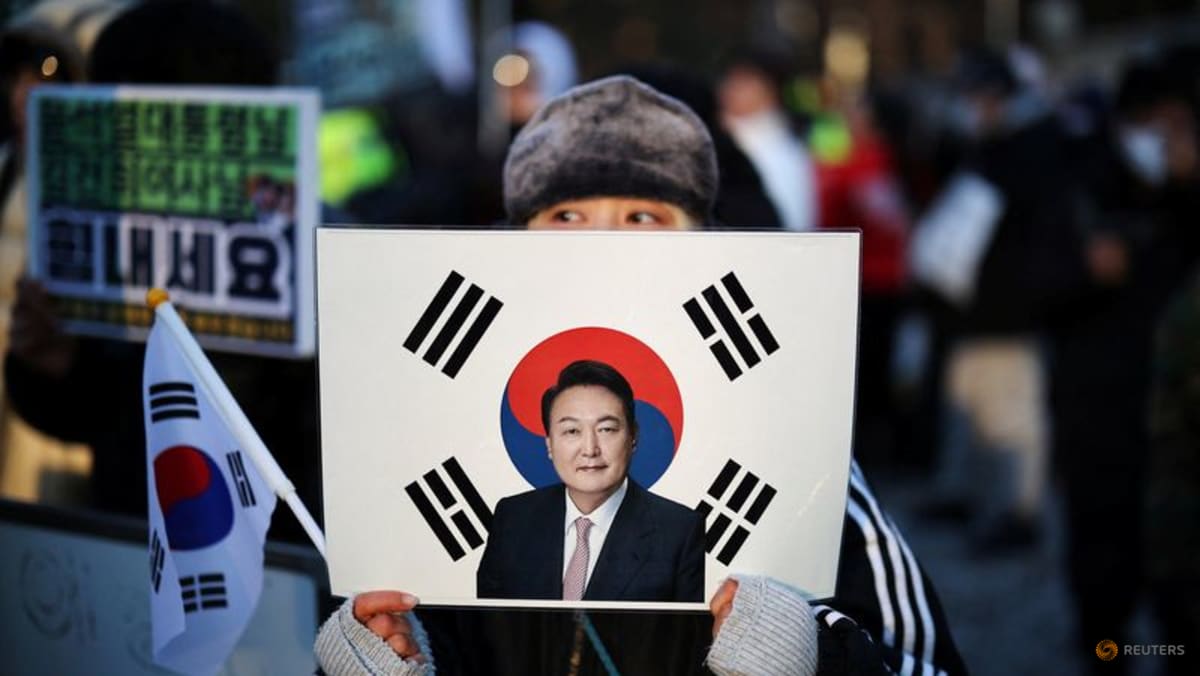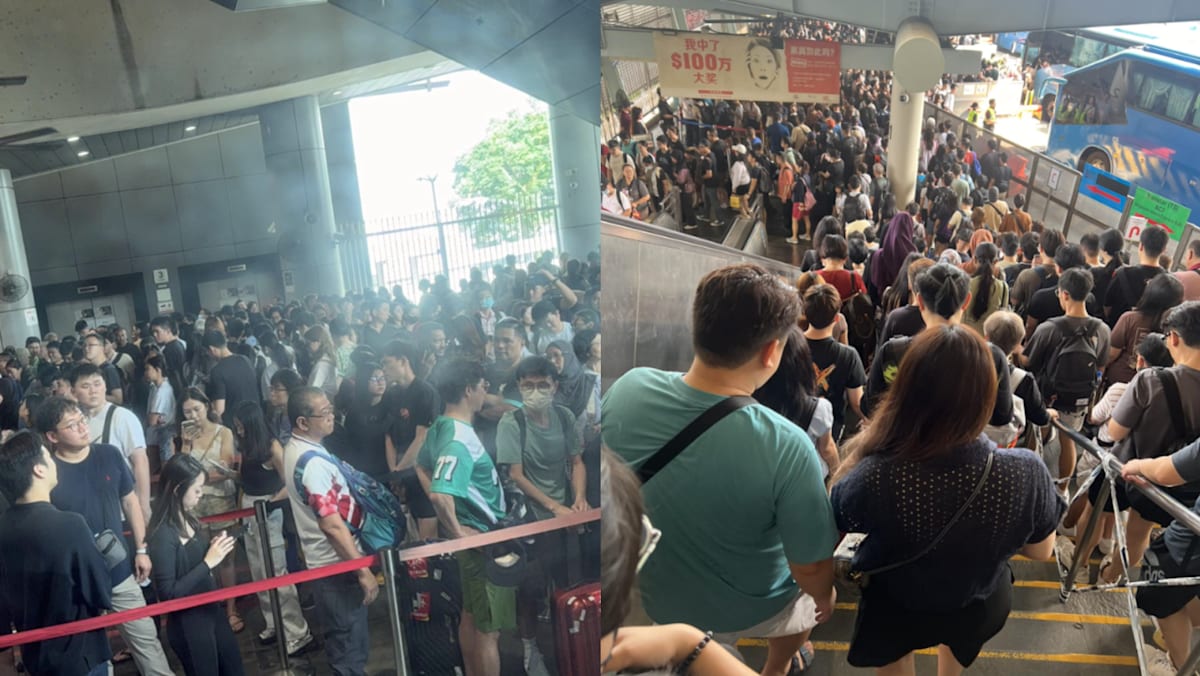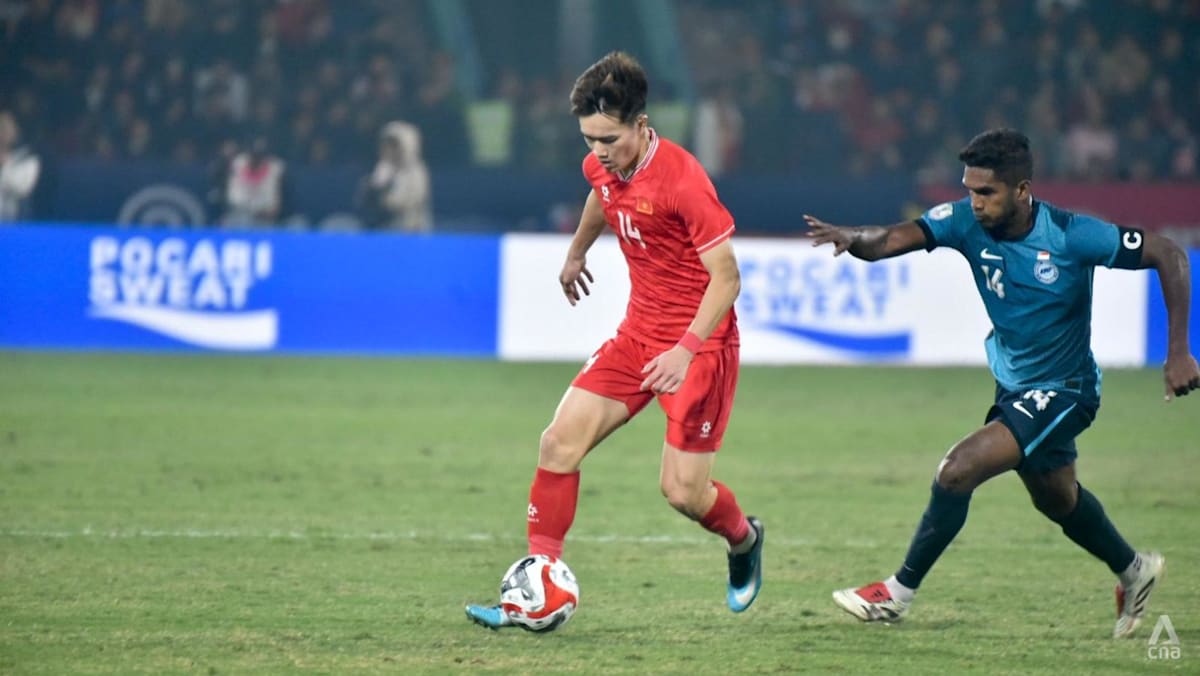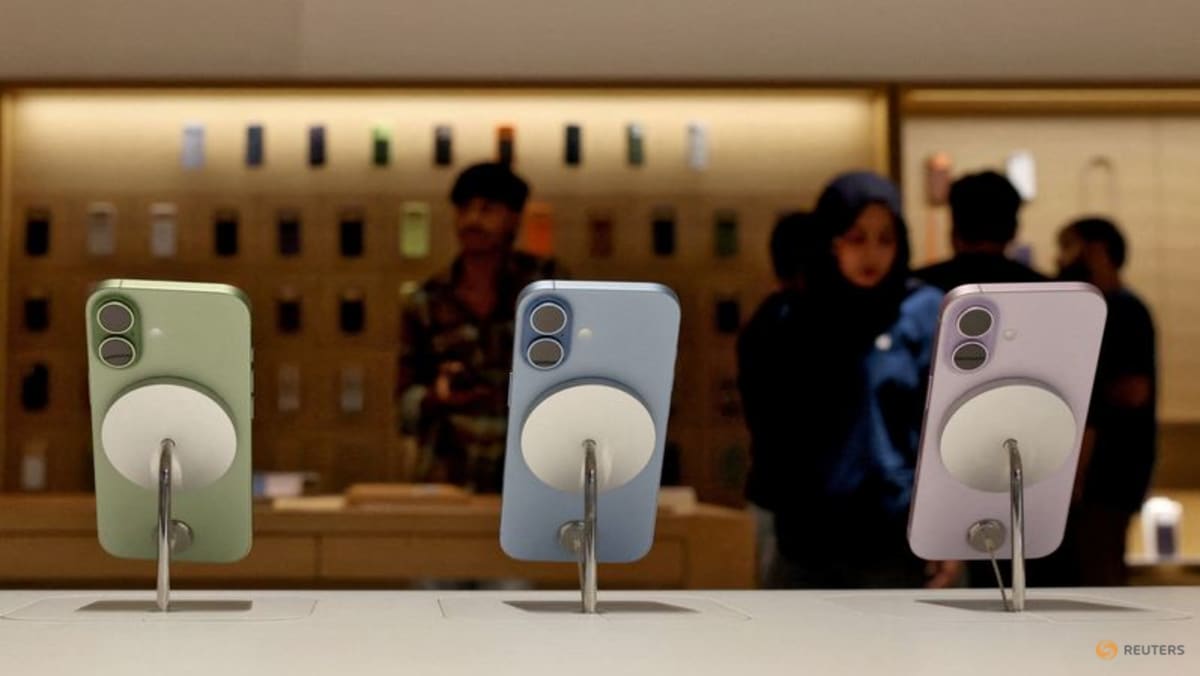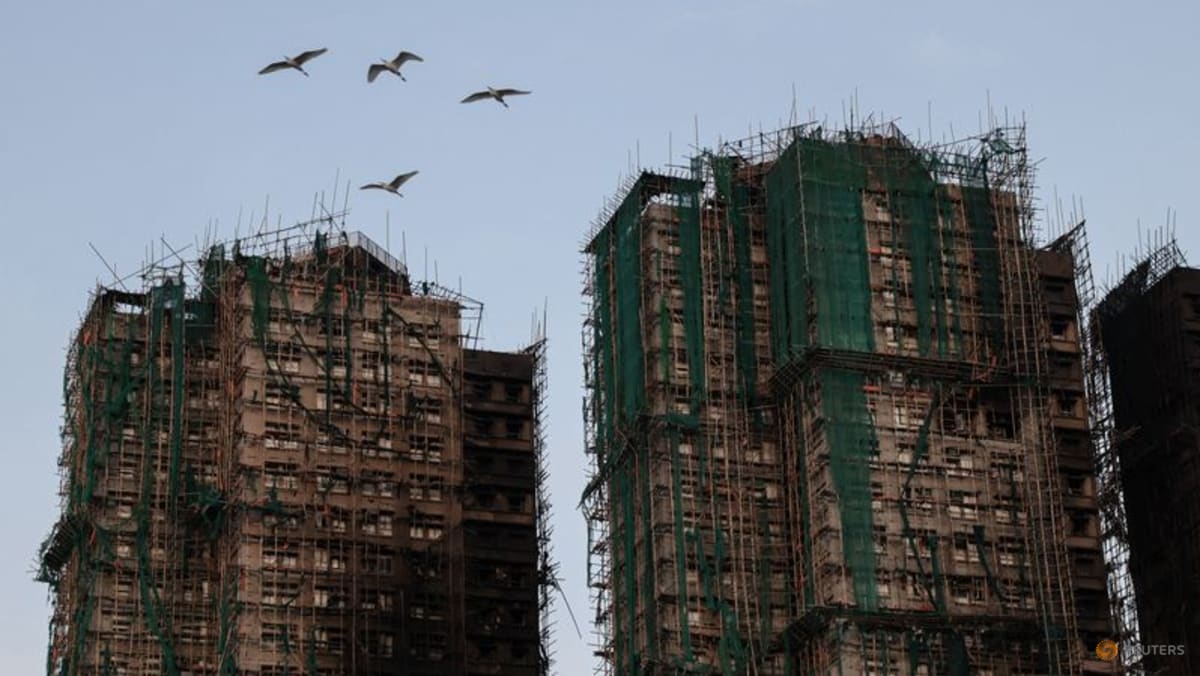Commentary: China-Philippines trust in troubled waters

TENSIONS WILL LIKELY ESCALATE
Two trends suggest that tensions between China and the Philippines will likely continue to escalate.
First, both sides have intensified legal efforts to reinforce their claims in the disputed waters. China has introduced several regulations to justify its actions in the South China Sea. In June, Beijing issued a new maritime rule allowing its coast guard to detain foreign ships and personnel trespassing in its waters for up to 60 days.
This builds on a 2021 law permitting the Chinese coast guard to fire on any vessel intruding into its waters. China continues to ignore the 2016 Permanent Court of Arbitration ruling which dismissed Beijing’s claims to much of the South China Sea.
Manila has also stepped up its legal warfare to reinforce its claims. In June, the Philippines asked the United Nations to register its extended continental shelf claim in the Western Palawan region.
Manila is also in the process of introducing the Maritime Zones Act, which aims to reinforce the rights and entitlements of the Philippines over its maritime zones, including in contested areas. The passing of the act has already drawn condemnations from China.
The second major trend is the ongoing buildup of military capabilities to counter the other party. China continues to maintain a sizable and permanent military presence in the Philippines’ Exclusive Economic Zone through its military outposts on man-made islands, extending its military power across the South China Sea.
The Philippines has modernised its military to avoid being left behind, acquiring anti-ship missile capabilities and stepping up joint exercises with its traditional security partner, the United States, as well as other like-minded partners.
Philippine President Ferdinand “Bongbong” Marcos Jr’s administration has also worked to broaden the Philippines’ strategic partnerships, pushing through new defence agreements with Germany and Japan in 2024.
The latter is especially significant. The Reciprocal Access Agreement with Japan allows Japanese forces deployed in the Philippines to participate in expanded exercises and potentially deal with humanitarian and disaster relief. The agreement has drawn criticism from Beijing, fearing that it is part of a broader regional trend of defence agreements targeted against China.
Source: CNA


